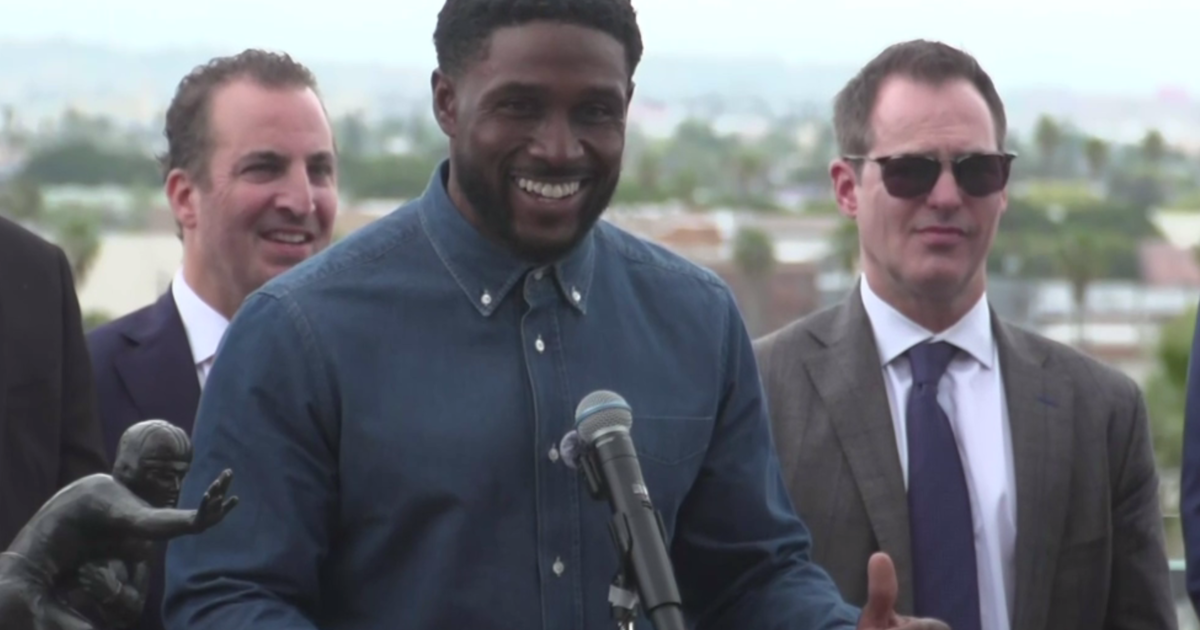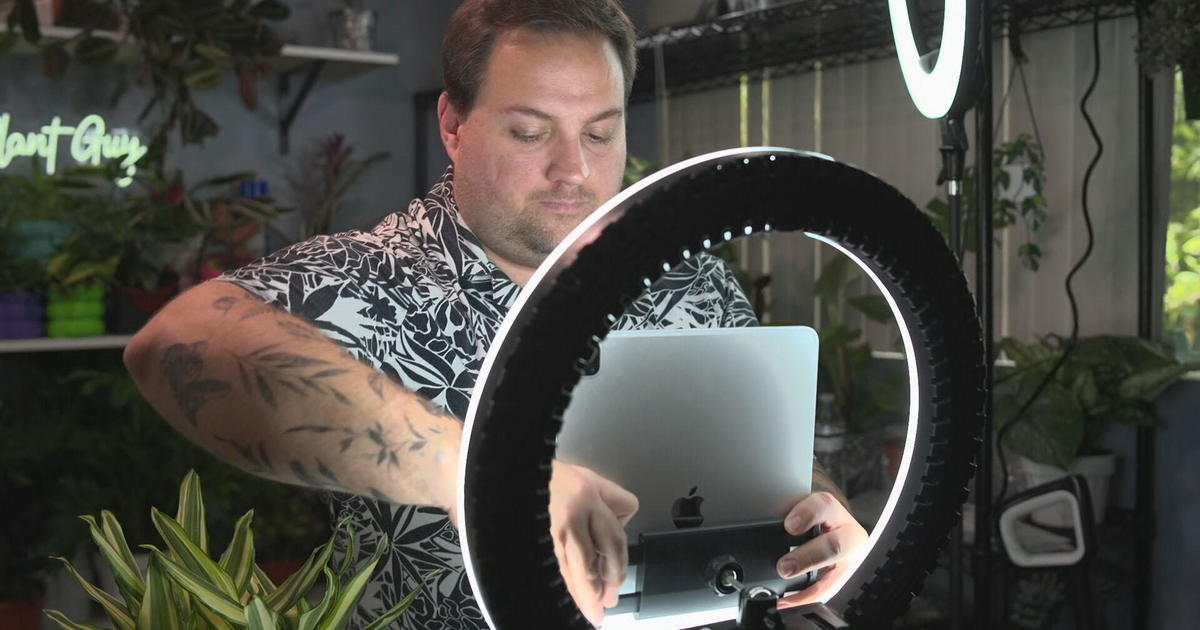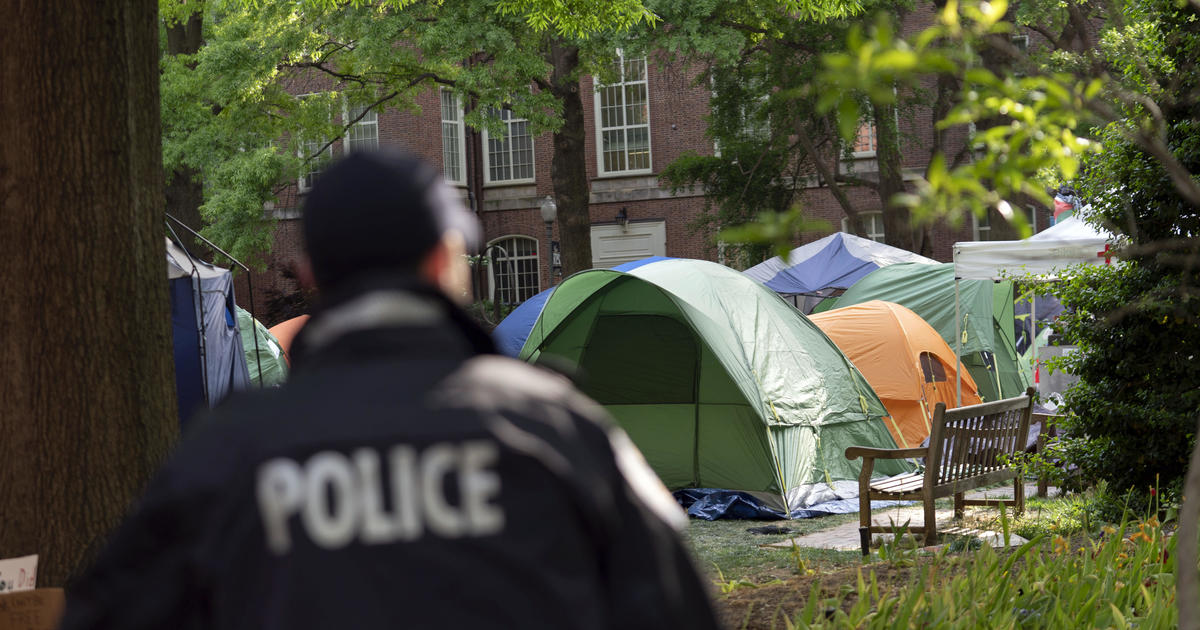It's now easier for businesses not to pay interns, so one company started a shaming campaign
Jamie Marroquin is about to finish her sophomore year at Florida International University in Miami. She spent past summers taking classes and volunteering at a camp for Paralympians. Now the 20-year-old economics major is looking for an internship. So far, she's applied to about 40.
"I didn't think it would be this hard," she said.
Marroquin recently received two offers, one from a company in Orlando and another in New York. The problem is both require relocation, but don't pay enough for her to be able to afford it.
So she's still looking. "It is hard to find an ideal internship when the majority are unpaid, and not local," said Marroquin.
Situations like Marroquin's could become much more common, after the Labor Department quietly loosened rules permitting unpaid internships. As of January, if an intern is deemed to benefit from an internship more than the employer, the intern doesn't have to be paid.
"That's crazy because it's completely arbitrary," said Liz Wessel, CEO of WayUp, a job website aimed at college students. "If you're not going to pay interns, you're closing off those opportunities to a lot of people."
Wessel is spearheading a petition campaign, titled #PayTheInterns, that gathered 10,000 signatures in its first three days, she said.
Wessel is familiar with unpaid internships. "I interned on Capitol Hill one summer, but I'd work nights at the Godiva chocolate shop," she said. "I also worked during the school year to have money to support myself during the summer. I would sleep two hours a night," she joked.
Unpaid internships, which first blossomed in the 1990s, are now commonplace in the white-collar workforce. In fields like media, entertainment and politics, internships are all-but-mandatory precursors to a paying job. Businesses say internships provide valuable training experience for people who are just entering the working world, and many small businesses say they can't afford to pay interns. But critics say such a system perpetuates inequality by restricting essential experience to wealthier people who can afford to work for free.
The growing epidemic of educational debt is also causing many would-be interns to demand more for their time—particularly since research indicates unpaid internships may not benefit interns once they enter the working world.
Luis Ramos, a student at LaGuardia Community College in New York, credits a paid internship with letting him quit a low-paid job working overnight shifts at a UPS center.
"It hurt my grades to the point that I almost dropped out," he said. The internship, in the school's marketing department, allowed Ramos to work daytime hours and hone skills that he was learning in graphic design classes. At $15 an hour, Ramos is also able to cover school-related expenses. (He lives with his mom to save money.)
"I was kind of lucky I got this when I did. I've had other jobs but not internships like this—they were always unrelated to my field," he said. "I always tell people, I feel like I learn more in work than I do in class."
Ramos, 23, plans to transfer to CUNY's Baruch College in the fall to start a bachelor's program. So he's looking for another internship again. He struggles with the question of whether to do an unpaid internship.
"Maybe if things were different and I was better off, I could afford to do that kind of stuff. But at that point you're basically paying with your time," he said.
"There's a lot of jobs out there, but now that I have this one, I'm kind of a little more picky," he added. "I want a job where they help you grow, not just use you."
The fear that unpaid internships "use" students is not unwarranted. Web forums abound with horror stories of interns being made to run personal errands, chauffeur their bosses or simply perform data entry or main processing for free.
"When I was in the Labor Department, there was a pizza parlor in Brooklyn that was looking for an unpaid intern," said Patricia Smith, who was a labor solicitor in the Obama administration. She's currently senior counsel at the National Employment Law project.
"That's an extreme example," she added. "The problem is, that's what you see--people taking [internships] down that path to extremism."
Beginning in 2011, a spate of lawsuits aimed at companies including Hearst, Condé Nast, NBCUniversal, Atlantic Records and Gawker Media prompted many of them to start paying their interns.
The Labor Department's laws on internships at the time consisted of a six-point checklist, including the requirement that the company derive no benefit from the intern's activities. But different courts interpreted the rules differently, leading to conflicting rulings.
"We were losing in the courts," said Smith. "While I believe the Labor Department was correct, this was a cultural issue."
The new test released in January, with its more flexible framework for internships, makes it easier not to pay interns, and harder for unpaid interns to file a class action lawsuit.
"It was probably easier under the old rigid six-factor test to have a class action," said Julia Judish, special counsel at the law firm Pillsbury Winthrop Shaw Pittman. "Now, it may be harder because it's not about proving that all six factors were met."
But that's a risk factor for employers as well as interns, she cautioned. "Companies need to pay attention," Judish said. "The company could offer an internship and require the same kind of activity, and for one intern it might qualify as an internship under this test, and for another one it wouldn't."
It may be too early to tell whether more businesses will decide not to pay their interns now that it's easier to do so. But internships overall, after declining for years, are back on the rise. More than 10,000 internships were listed in April on the job site Indeed—a 15 percent jump from the year before.



